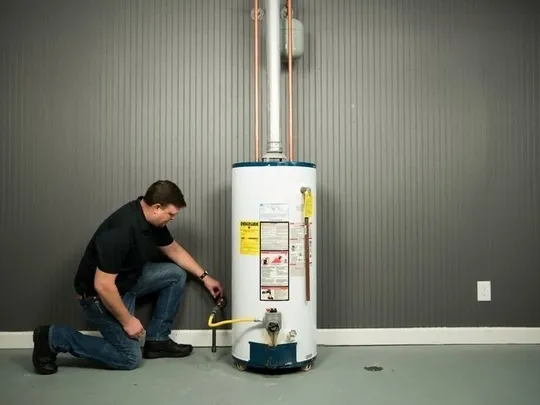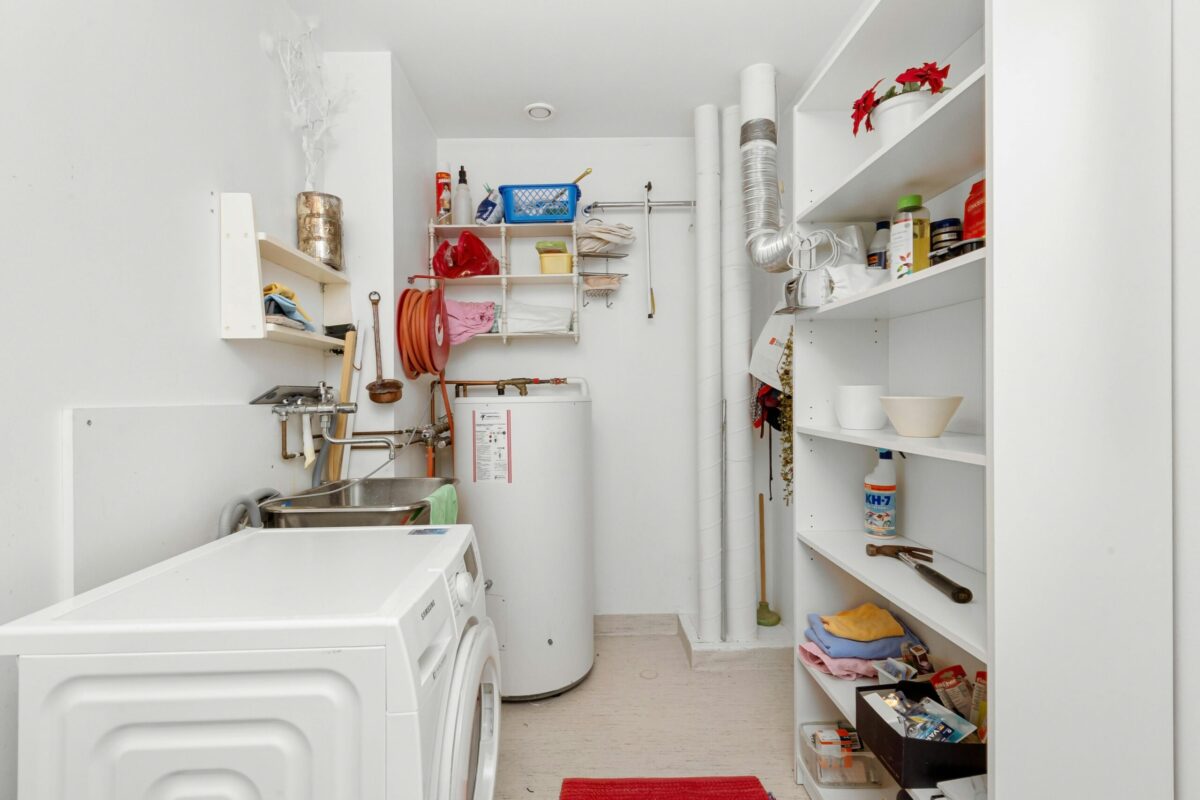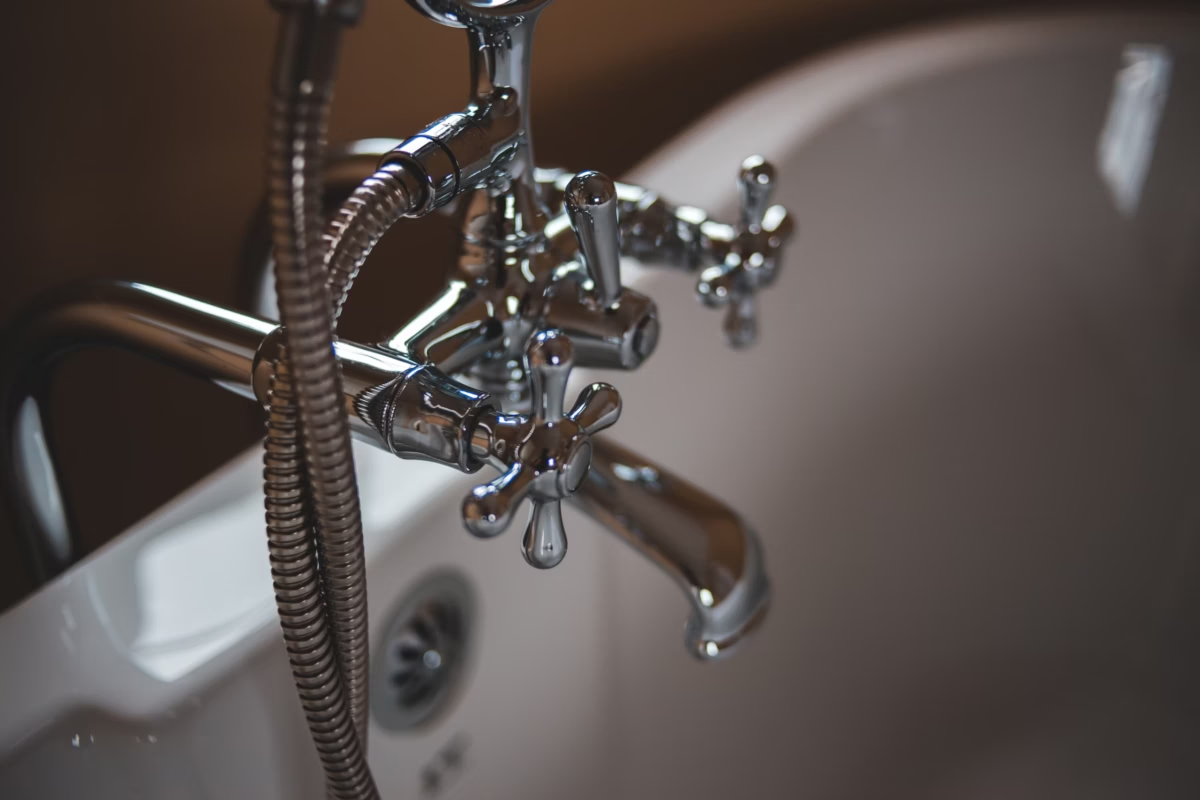Water heater inspections may not be required unless you’re dealing with new construction or adding a major home addition. In those cases, inspections ensure everything is up to code. For a replacement, however, a water heater inspection is typically optional, though it can be a great idea to confirm the job was done correctly.
At On Call Water Heaters, we include an inspection with our installations, or you can schedule one on your own. But let’s get to the bottom line: no, a water heater inspection is not mandatory for replacing your unit.
However, many companies, websites, and even some sources like to make you think that an inspection is a requirement. This is often because it helps them stand out, or it’s just a part of their service. Let’s face it, though – while inspections aren’t required, they sure don’t hurt, especially if the company doing the work isn’t properly qualified. So, while not a legal necessity, an inspection can still be a good idea. But just to answer the burning question everyone seems to have: no, it’s not mandatory.
Let’s dive into some more details about when inspections are actually needed and why they’re still worth considering.
What Happens During a Water Heater Inspection?
You may be wondering, what’s actually involved in a water heater inspection? And do you really need it if you’re just replacing your unit? Well, while a water heater inspection isn’t required, it can offer some pretty solid benefits.
A professional inspection typically covers the condition of your existing water heater, ensuring everything is functioning properly. Technicians will check for things like leaks, sediment buildup, and wear and tear that might not be visible at first glance. They’ll also test your water pressure – too high, and you might damage your plumbing; too low, and your water heater won’t perform as efficiently. Your water heater will get the attention it deserves, along with any connected pipes or systems.
If you’re getting a new water heater installed, a quick inspection after installation ensures everything is set up properly and safe to use. If there are any issues, you can catch them before they become bigger (and more expensive) problems.
Benefits of Regular Water Heater Inspections
While not mandatory, scheduling an inspection every now and then can save you time, money, and hassle. Here are a few benefits:
- Spot problems early: An inspection helps identify small issues before they turn into big, expensive repairs.
- Peace of mind: Regular inspections keep your water heater in tip-top shape, so you don’t have to worry about sudden failures.
- Prevention: Routine inspections reduce the likelihood of major plumbing emergencies.
- Plan ahead: Inspections can help you anticipate future replacements, giving you a heads-up about when certain parts may need attention.
When is a Water Heater Inspection Required?
While it’s not mandatory to schedule a water heater inspection for most replacements, there are instances when inspections are absolutely necessary. For example:
New construction or home remodels: If you’re adding a new bathroom or remodeling your plumbing system, inspections will likely be required by local building codes. These ensure the work is up to standard.
Buying a new home: If you’re purchasing a house, scheduling a water heater inspection (along with a full plumbing inspection) is a smart move. It can help you uncover hidden issues before you commit to a purchase, allowing you to negotiate repairs or price adjustments with the seller.
Conclusion: Is a Water Heater Inspection Mandatory?
To wrap it up, while a water heater inspection isn’t mandatory for replacing your unit, it’s definitely worth considering. Regular inspections keep your system running smoothly, and they can help identify potential issues early – which is always better than dealing with a surprise water heater breakdown in the middle of winter.
So, while no law requires you to schedule a water heater inspection for a replacement, it can still be a proactive move to keep your home and water heater in great condition. Don’t wait for a disaster to strike – get your system checked out and enjoy the peace of mind that comes with knowing everything’s in good shape.
























